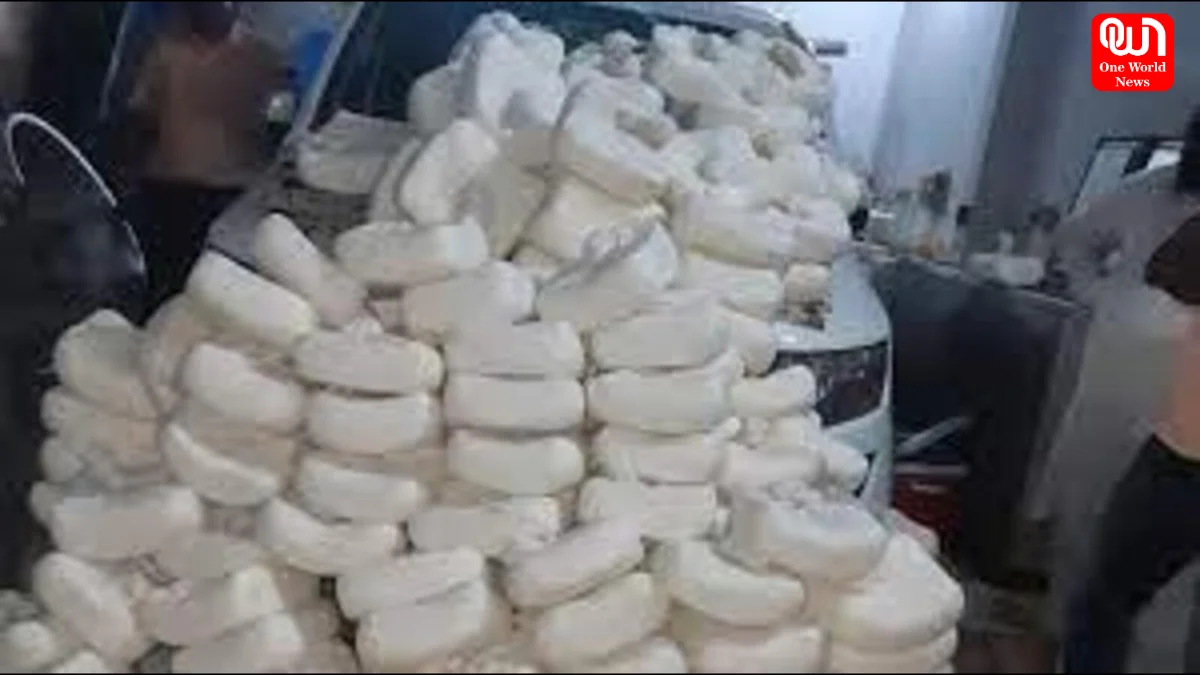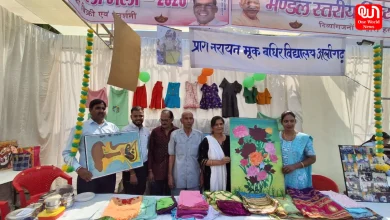Fake Paneer Alert in Noida: 500 Kg Seized Ahead of Diwali, How to Detect and Avoid Adulterated Paneer
Fake Paneer Alert in Noida: 500 Kg Seized Ahead of Diwali, How to Detect and Avoid Adulterated Paneer
Noida authorities seize 500 kg fake paneer before Diwali. Learn how to spot fake paneer and report adulterated products to protect your family.
Noida authorities recently intercepted 500 kilograms of fake paneer ahead of Diwali. The paneer, reportedly emitting a foul smell, was being transported from Jangi Milk Plant in Mewat, Haryana, to markets in Delhi-NCR. FSSAI officials stopped the vehicle during a late-night check on 11-12 October 2025, preventing the spoiled product from reaching consumers. Samples were collected for laboratory testing by officials Mukesh Kumar, Vijay Bahadur Patel, and Ravindra Nath Verma.
The seized paneer was temporarily stored at New Garhwal Dairy in Bhangel, Noida, before being destroyed with the help of local authorities. FSSAI Deputy Commissioner Sarvesh Kumar emphasized, “This action has been taken to protect public health. During the festival season, the supply of adulterated products increases. Strict monitoring is necessary.” Such proactive measures aim to ensure that festive celebrations remain safe and free from contaminated food items.
Experts advise consumers to carefully check paneer before buying or consuming it. Genuine paneer has a mild milky smell, firm texture, and white or off-white color. Any product that smells sour, feels sticky, or shows unusual coloring may be adulterated. Avoid buying paneer from unverified sources, street vendors, or shops without proper labeling.
read more: Celebrating World Pasta Day: A Global Tribute to the Beloved Italian Dish
Several simple tests can help identify fake paneer. First, check the smell: fresh paneer has a mild aroma, whereas fake paneer may smell sour, chemical-like, or unusually strong. Color is another indicator; authentic paneer is white or slightly off-white, while yellowish, dull, or uneven coloring suggests adulteration. Texture matters too: real paneer is soft and slightly springy, whereas sticky, mushy, or overly hard paneer may be compromised.
A water test is effective as well. Drop a small piece of paneer in water; fresh paneer sinks slowly, while adulterated paneer with chemicals or excessive starch may float. Taste can also reveal impurities; genuine paneer tastes mild and creamy, while bitter, soapy, or chemical flavors are a warning. Pressing or cooking paneer can show excess oil, indicating the use of refined oils or chemicals.
Purchasing from trusted sources is crucial. Always buy from verified shops or branded dairies, and check packaging for manufacturing and expiry dates. Products with missing labels or vague information should be avoided. Consumers should also be aware of where to report fake paneer to prevent health risks.
Reports of adulterated paneer can be lodged with FSSAI via their toll-free helpline 1800-11-2100, email consumeraffairs@fssai.gov.in, or online at https://foodlicensing.fssai.gov.in under “Consumer Complaints.” Local Food Safety Officers, state food safety departments, police, or consumer forums can also be contacted if the product causes health issues or repeated violations occur.
Read more: India’s AI Revolution: How Artificial Intelligence Startups Are Shaping the Future
Earlier incidents, such as raids in Shamli district, revealed factories producing paneer using refined oil and chemicals. Experts warn that consuming adulterated paneer can lead to food poisoning, liver damage, and intestinal problems, especially for children and the elderly. FSSAI has announced that inspections will continue through Diwali, covering shops selling dairy products, sweets, and namkeen. Sarvesh Kumar urged the public to remain vigilant and report any suspicious products to ensure festival safety.
We’re now on WhatsApp. Click to join.
Like this post?
Register at One World News to never miss out on videos, celeb interviews, and best reads.








